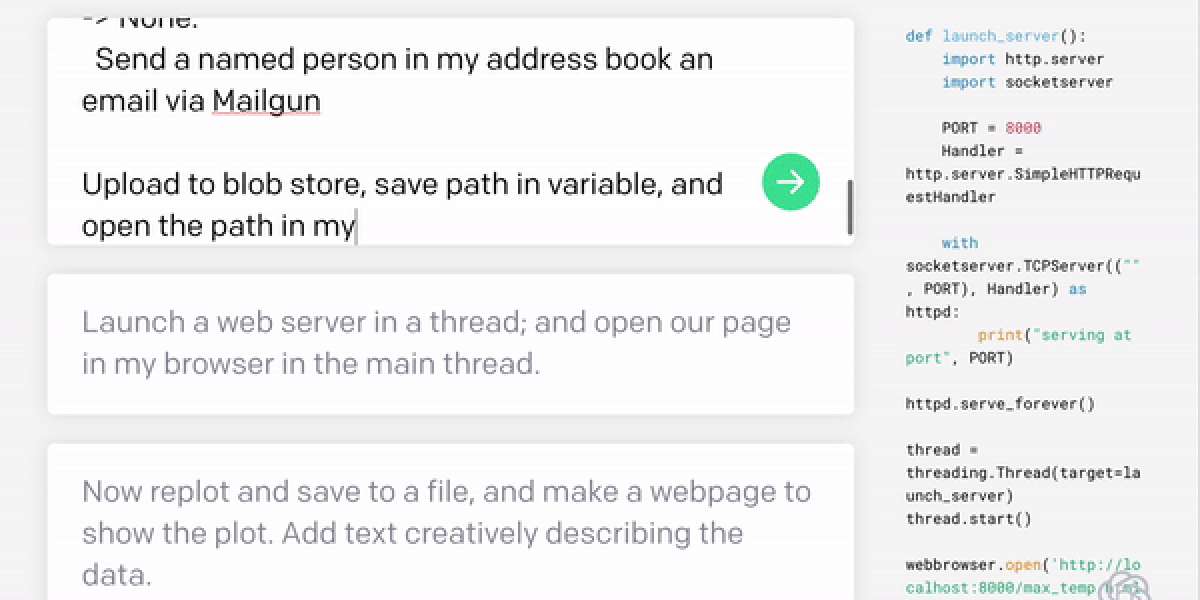Software testing and quality assurance are critical components of the software development lifecycle, ensuring that software products meet the required standards of functionality, reliability, and performance. With the rapid advancements in artificial intelligence (AI) technologies, its application in software testing has gained significant momentum. AI brings automation, intelligence, and efficiency to the testing process, enabling organizations to deliver high-quality software with reduced time and effort. This article explores the evolving role of AI in software testing and quality assurance, highlighting key areas where AI is making a significant impact.
Test Automation: Enhancing Efficiency and Coverage
Test automation is a fundamental aspect of software testing, allowing repetitive and time-consuming tests to be executed automatically. AI plays a crucial role in improving test automation by enabling the creation of intelligent test automation frameworks. These frameworks leverage machine learning algorithms to generate test cases, execute tests, and analyze results automatically. By learning from past test executions, AI models can identify patterns, optimize test coverage, and reduce manual effort. This not only improves the overall testing process but also increases the efficiency and effectiveness of defect detection.
Defect Prediction: Anticipating Software Issues
One of the challenges in software testing is identifying potential defects before they occur. AI algorithms can analyze historical data, including defect logs and test results, to predict possible defects in software. By identifying patterns and correlations, AI models can assess the risk associated with different parts of the software and prioritize testing efforts accordingly. This proactive approach to defect prediction helps in allocating testing resources effectively and improving the defect-detection process. Organizations can address potential issues early, saving time, and reducing costs.
Test Optimization: Streamlining Testing Efforts
AI techniques contribute to test optimization by determining the most efficient test sequences, identifying redundant test cases, and eliminating duplicate test scenarios. Machine learning algorithms can dynamically adjust test coverage based on the changes made in the software, allowing testers to focus on the most critical areas. AI-powered test optimization minimizes redundancy, reduces testing time, and ensures comprehensive test coverage. Consequently, organizations can achieve high-quality software within tighter schedules.
Intelligent Test Generation: Automating Test Case Design
Designing test cases is a crucial and resource-intensive task in software testing. AI can generate test cases automatically by analyzing software requirements, design documents, and other relevant artifacts. Leveraging Natural Language Processing (NLP) techniques, AI models can understand the semantics of these documents and map them to test scenarios. This significantly reduces the manual effort required for test case design and ensures better coverage. AI-based test generation is not only faster but also more effective in identifying potential issues and corner cases.
Log Analysis: Real-Time Anomaly Detection
Analyzing log files and system-generated data is essential for identifying anomalies, performance bottlenecks, and potential issues in software. AI algorithms can learn normal behavior patterns by analyzing historical data and flag any deviations or anomalies that may indicate defects or performance problems in real-time. By leveraging machine learning techniques, AI models can continuously monitor log data, providing valuable insights into the health and performance of the software. Early detection of anomalies enables timely troubleshooting and ensures smoother software operation.
User Experience Testing: Evaluating the Human Factor
User experience (UX) is a critical aspect of software quality. AI can simulate user interactions and analyze user feedback to evaluate the user experience of software applications. NLP and sentiment analysis techniques enable AI models to assess user sentiments, understand their experiences, and identify areas of improvement. By incorporating AI in UX testing, organizations can gain insights into how users perceive their software, enabling them to refine and enhance the user experience. Additionally, AI can be employed for accessibility testing, ensuring that software is usable by individuals with disabilities.
Test Data Generation: Enriching Test Scenarios
Effective test data generation is crucial for comprehensive test coverage. AI algorithms play a significant role in generating realistic and diverse test data, including edge cases that exercise different parts of the software. By analyzing existing data patterns and utilizing data synthesis techniques, AI can generate data that represents real-world scenarios and helps identify defects that may arise due to specific data conditions. AI-driven test data generation enhances the effectiveness of testing efforts, improves coverage, and enables organizations to identify and address potential issues more accurately.
Intelligent Test Reporting and Analysis: Actionable Insights
AI-powered analytics and reporting tools enable testers and stakeholders to derive actionable insights from testing data. These tools can process vast amounts of test data, identify patterns, and provide visualizations that aid in decision-making. AI algorithms can automatically categorize defects, determine their severity, and prioritize them based on their impact. This enables teams to focus on critical issues and resolve them promptly. Furthermore, AI-powered reporting and analysis facilitate better collaboration, as stakeholders can access meaningful and comprehensive reports that provide a clear understanding of the software's quality and progress.
Continuous Testing and DevOps: Ensuring Agile Quality
The integration of AI in continuous testing and DevOps practices has transformed the software development landscape. AI-based testing tools can seamlessly integrate with the DevOps pipeline, enabling continuous testing and feedback loops. AI algorithms can monitor application performance, identify bottlenecks, and trigger automated tests in response to code changes. This agile and automated approach to testing ensures faster release cycles, improved software quality, and reduced time-to-market.
Human-AI Collaboration: Leveraging the Tester's Expertise
It is important to note that AI is not intended to replace human testers but to augment their skills and expertise. The role of human testers remains crucial in software testing and quality assurance. Human testers possess domain knowledge, intuition, and creativity, which are vital for exploring uncharted territories and identifying complex issues that AI may not detect. The collaboration between humans and AI is synergistic, with AI handling repetitive and mundane tasks, while human testers focus on critical thinking, exploratory testing, and ensuring the software meets user expectations.
Artificial intelligence is revolutionizing the field of software testing and quality assurance. By leveraging AI technologies, organizations can enhance testing efficiency, improve defect detection, and streamline the overall testing process. Test automation, defect prediction, test optimization, intelligent test generation, log analysis, user experience testing, test data generation, intelligent reporting, and continuous testing are some of the key areas where AI plays a significant role. However, it is important to maintain a balanced approach and recognize that human expertise is essential for addressing complex and context-specific testing challenges. The synergy between human testers and AI-powered testing tools paves the way for delivering high-quality software that meets user expectations in an increasingly dynamic and competitive technological landscape.








